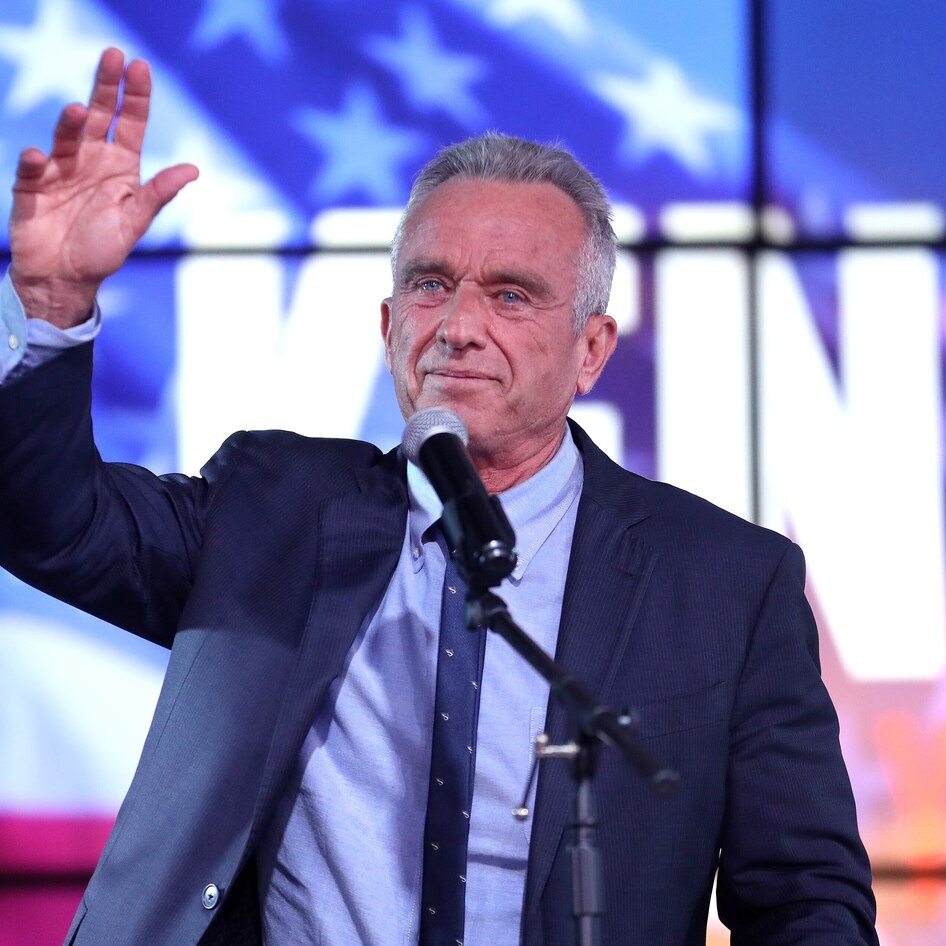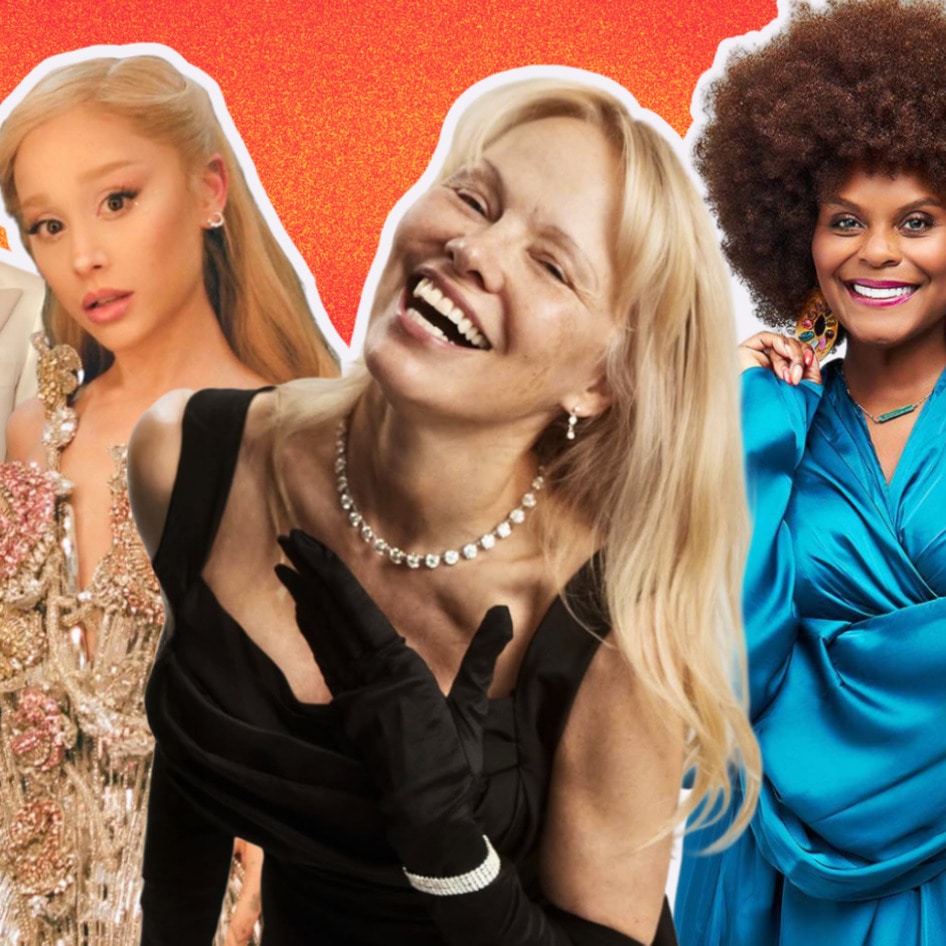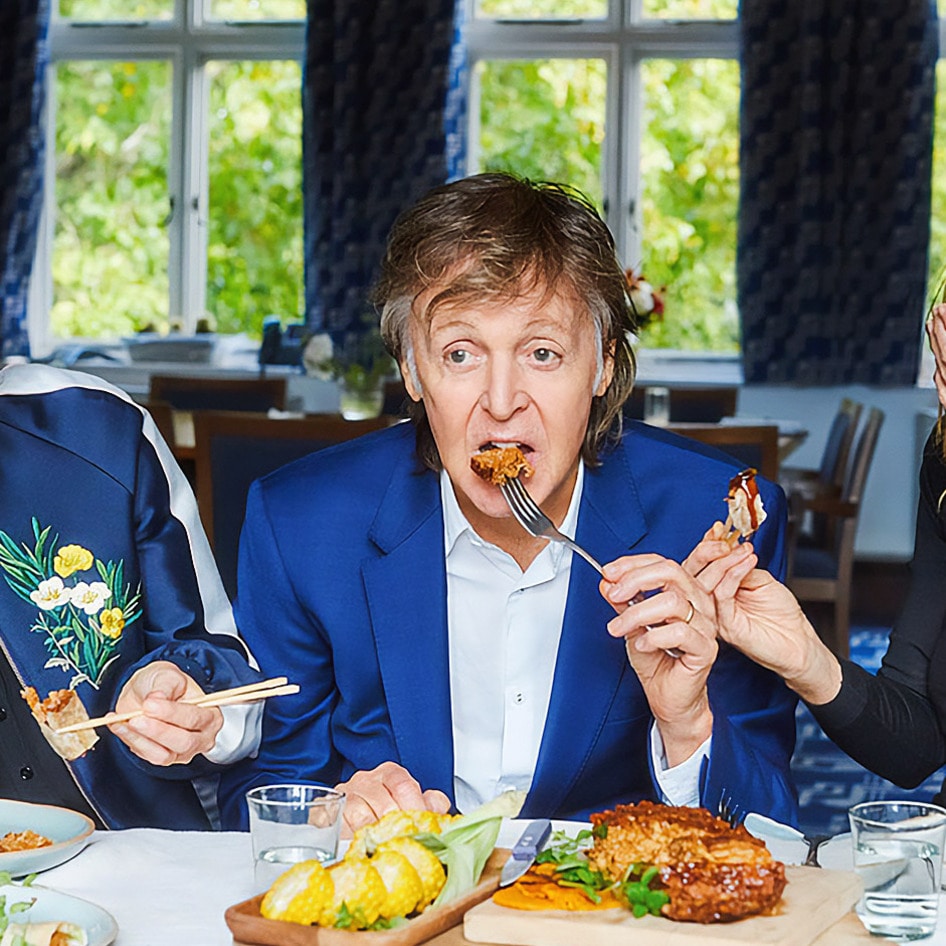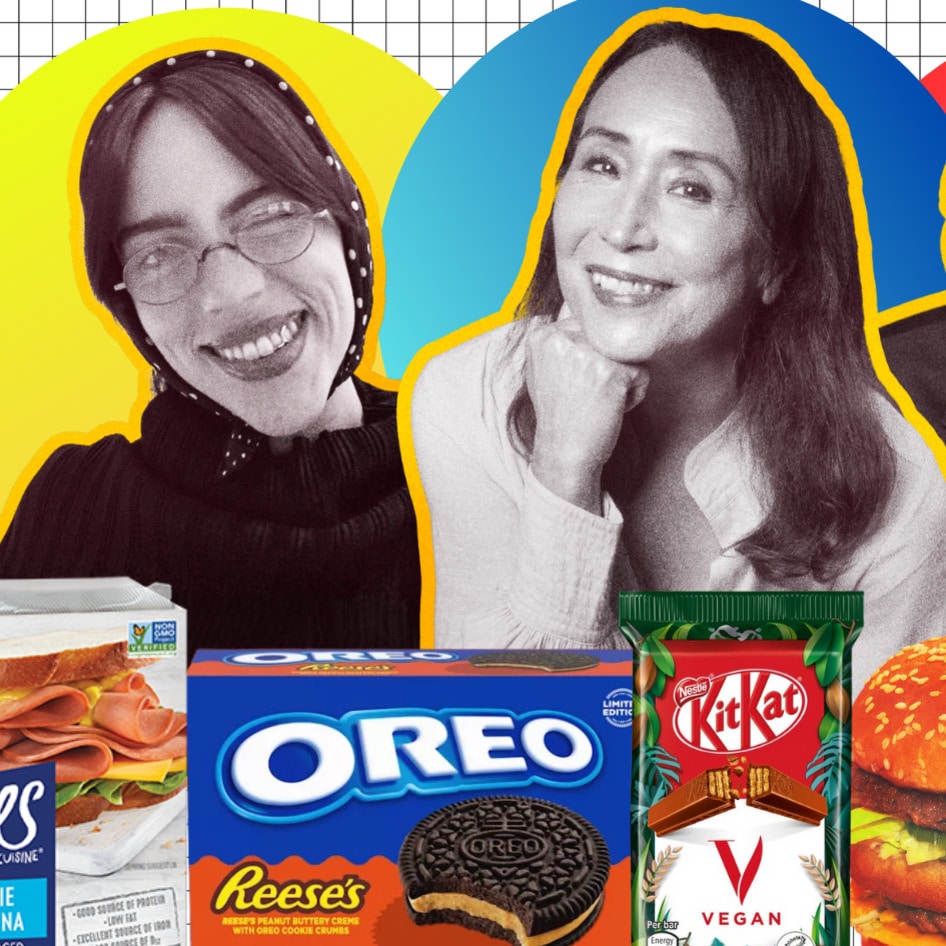Farm Sanctuary’s End Factory Farming Conference
Farm Sanctuary President and Co-founder Gene Baur fills us in on this month’s National Conference to End Factory Farming.
October 9, 2011
Farm Sanctuary has had a big year. In addition to celebrating its 25th anniversary, expanding its facilities, hosting its biggest nationwide Walk For Farm Animals event yet, and launching the Just Eats cross-country tour, the animal-welfare organization will be hosting the first National Conference to End Factory Farming in Arlington, VA on October 27 to 29, in hopes of drawing attention to the environmental, ethical, and health consequences of industrial animal agriculture. VegNews caught up with Baur to get the inside scoop on this exciting and meaningful event.
VegNews: How and when did the National Conference for Factory Farming come together?
Gene Baur: At Farm Sanctuary, we’ve been working to combat factory farming for a long time. It’s an issue that we’re very concerned about that is now getting mainstream attention. There is growing mainstream opposition to factory farming and growing awareness about it, so we discussed this [issue] internally at the organization, and decided that it would be good to have a conference like this to really call for an answer to it.
VN: Many researchers, experts, and officials—in addition to animal-welfare activists—are in agreement that factory farming is severely harmful in myriad ways. What do you think needs to be done in order to make the public and legislators realize that this is an issue that seriously affects all of us?
GB: I think that is starting to happen. It’s really just about awareness; people need to look at the facts and come to understand the impacts of this industry, and also recognize their own complicity in it. The consumers who are buying factory-farmed products are supporting this system, and the vast majority of [Americans] are unwittingly supporting animal cruelty. They are also eating food that is making them sick and supporting an agricultural system that is destroying the planet. But people are starting to realize that that’s the case. What we [are seeing] now is a number of products being marketed as cage-free, free-range, and so on, and those are positive steps because it shows that there’s an awareness, but oftentimes those products are being raised in conditions that are basically factory-farm conditions.
VN: What would you say to people who say, “I only eat free-range this” or “I only eat grass-fed that?”
GB: I would say that in most cases, those products are coming from animals that are raised in factory-farm conditions. In some cases, it is possible that the animals are being treated significantly better, and if that’s the case, then it’s certainly less bad, and it also requires people to eat fewer animal products, so those are steps in the right direction. But at the end of the day, it’s not necessary to eat any animal products. We’ll continue to hold up the vegan ideal, but we will also support and encourage any steps that move away from the industrial factory-farming model.
VN: On that note, what perspective did you gain on how the Standard American Diet is influenced by factory farming when you were on the Just Eats tour?
GB: In many parts of America, you see people suffering from heart disease and obesity, folks that are routinely on heart medication. Just like the TV commercials that are constantly promoting these drugs, whose market is enhanced by our unhealthy, animal-based diet. But a large part of [the tour] was focused on the movement towards a plant-based diet. I saw people in urban and rural areas in every corner of the country coming to be aware of factory farming and the benefits of plant-based eating, and it was a very inspiring, positive experience.
VN: How does it feel to see huge public figures, like Bill Clinton and Al Gore, talking about and steering people toward plant-based diets?
GB: It feels great! They’re talking about it for different reasons, and that points to how we have a convergence of issues now. We have awareness about health, and Bill Clinton obviously represents that point of view, and a growing awareness about the environment, and Al Gore represents that point of view. But we also have growing awareness about animal welfare, and we have people like Ellen DeGeneres who is an outspoken vegan because of ethical concerns. It’s been a long time coming, but it feels very good, and I think it’s the beginning of more of it, frankly.
VN: What kind of immediate results would you like to see come out of the conference?
GB: I would like to see more people—especially influential people, people who work in USDA, and others in Washington—take to heart that this is an issue that needs to be addressed, and soon, and in significant ways. Ultimately, we need a pretty major shift, and I hope that this conference starts leading towards more plant-based and community-based agriculture—things like farmers’ markets, community gardens, even urban gardening. I hope that this conference helps to promote those types of alternatives to the typical industrial animal-farming model.
VN: For those of us who can’t attend the conference, how can people get involved on a small-scale or community level?
GB: Going vegan is number one, far and away. After that, I would say being a good representative of vegan living is another very important thing. Each of us are ambassadors, and if we come across as too judgmental, angry, or misanthropic, it’s not going to help our cause. In addition to adopting a vegan lifestyle ourselves, it’s important to try to reach other people and to be an example of healthful, compassionate living that others would like to emulate. We [also] encourage people to check out the Farm Sanctuary website and to get involved with our programs for farm animals every year. Just be conscientious consumers and active advocates—going to restaurants, encouraging them to serve more locally produced, plant-based options, and [eating] in a way that is aligned with their own interests and their own values. Being mindful, and not supporting an industry that’s so harmful.
VN: On top of your 25th anniversary celebrations, the conference, and a new small animal hospital, what other projects are coming up for Farm Sanctuary this year?
GB: We recently acquired Animal Acres, a small sanctuary in Los Angeles that had been having difficulties, so they came to us and asked if we could take it on. We’re [also] going to be supporting federal legislation in Washington, DC to ban battery cages nationwide, which came out of initiative work in the Northwest where we were working with HSUS and others to get a measure on the ballot. The United Egg Producers were concerned, after Prop. 2 passed in California a few years ago, that we would see different states with different laws, so they agreed to support federal legislation to ban battery cages. That’s going to be a big push in Washington in the coming year.
JUMP TO ... Latest News | Recipes | Guides | Health | Subscribe
Photo: Derek Goodwin







